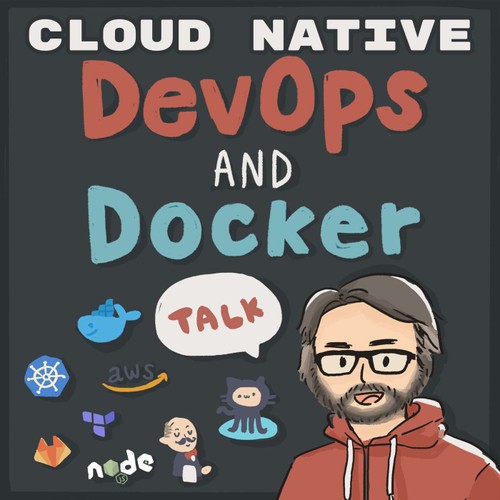Application delivery doesn’t have to suck. Bret and Nirmal are joined by Solomon Hykes, the founder or Docker, to talk about Dagger and their application delivery-as-code that runs anywhere.
💥 This episode is brought to you by our valued sponsor and friends at CAST AI! 💥
CAST AI is an all-in-one Kubernetes cost optimization and automation platform that achieves over 60% average compute cost savings without months of onboarding. You get lightning fast autoscaling, downscaling, spot VM support and more with no hit to performance.
Use the link below and optimize your first cluster for FREE.
cast.ai/bretfisher
Solomon started Dagger after he left Docker in 2018 with a few other Docker VPs, including Sam Alba and Andrea Lusardi.
Dagger is an innovative startup aimed at simplifying and revolutionizing DevOps automation and software delivery. Created to address Docker's unattended gaps, Dagger streamlines software building, testing, and deployment, exhibiting immense growth potential and wide applications in fostering software ecosystems.
For a few years now, they've been publicly iterating on the idea of a programmable and portable automation system for software building, testing, and deploying.
In this episode, they cover many topics around Docker and Dagger. I've been convinced that I need to start trying out Dagger in my projects.
The live recording of the complete show from November 16, 2023 is on YouTube (Ep. #241)
★Topics★
Dagger website
Creators & Guests
- (00:00) - Intro
- (01:44) - Introducing Solomon Hykes and His Journey
- (02:25) - Solomon's Life Post-Docker
- (04:00) - The Genesis of Dagger
- (09:10) - The Vision Behind Dagger
- (25:44) - Modules and Declarative Model in Dagger
- (35:11) - Integration of Dagger with Other Tools
- (37:04) - Docker Slim and Dagger
- (38:28) - Question: Dagger, Framework or Library?
- (39:09) - Question: Dagger's with BuildKit
- (39:33) - Question: Predictions for Dagger's Adoption
- (40:59) - Demonstration of Dagger's Functionality
- (41:15) - Dagger's Compatibility with Other CI Platforms
- (51:14) - Getting Started with Dagger
You can also support my free material by subscribing to my YouTube channel and my weekly newsletter at bret.news!Grab the best
coupons for my
Docker and Kubernetes courses.
Join my cloud native
DevOps community on Discord.
Grab some
merch at
Bret's Loot BoxHomepage
bretfisher.com
 DevOps and Docker Talk: Cloud Native Interviews and Tooling
DevOps and Docker Talk: Cloud Native Interviews and Tooling 
